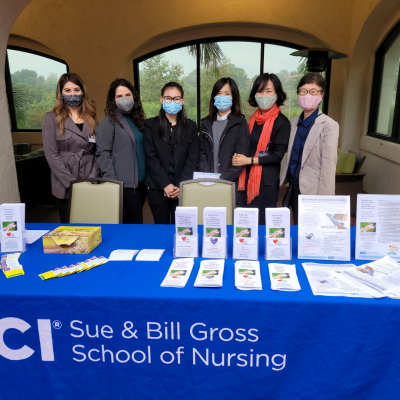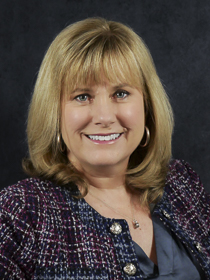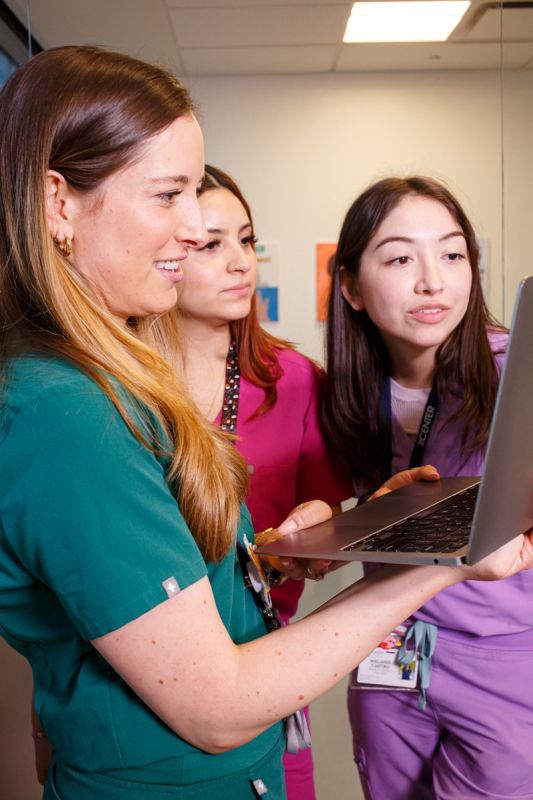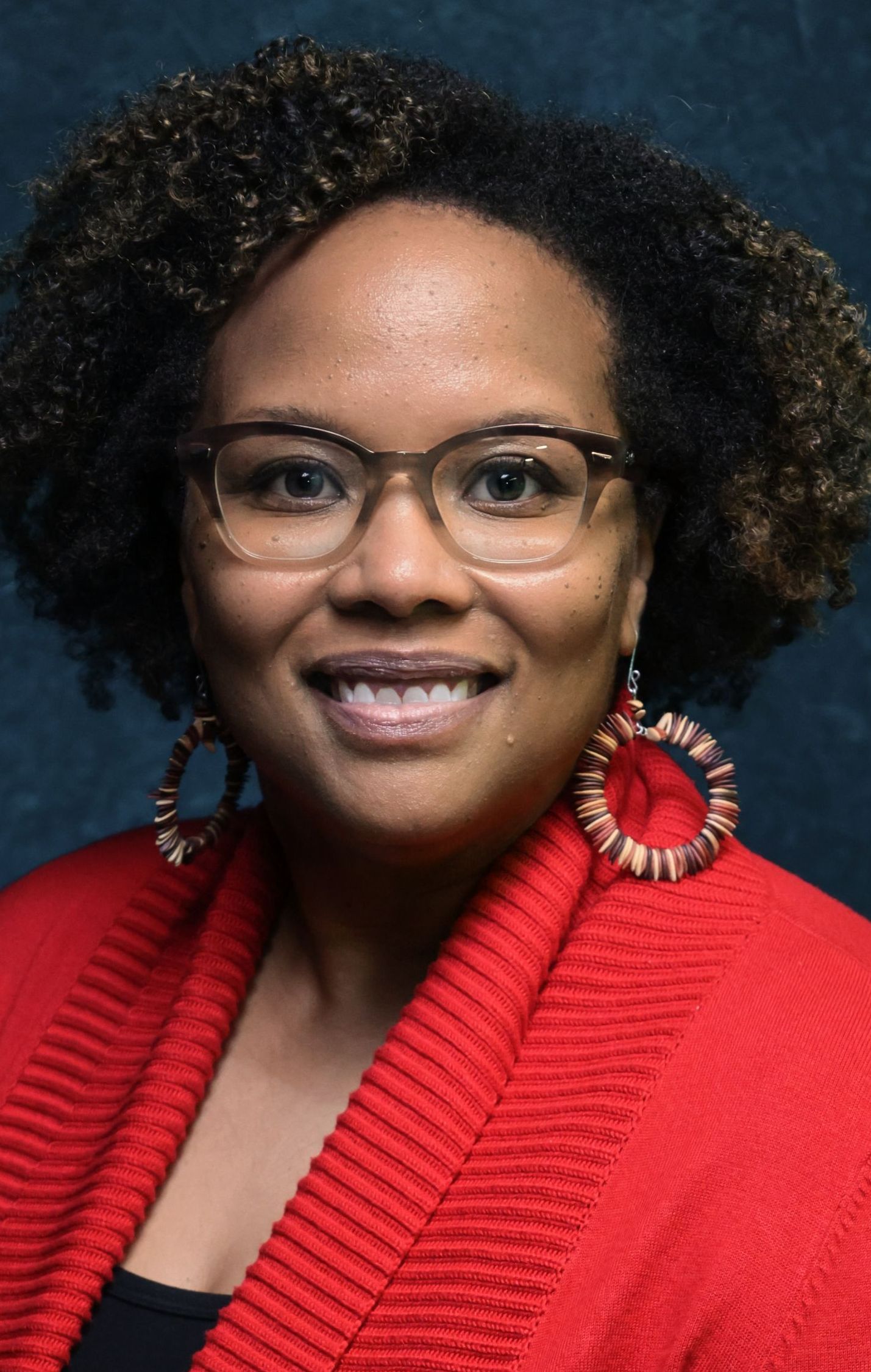
Associate Professor Jung-Ah Lee (right) and her caregiver study team.
Caregiving is often called the invisible profession.
It isn’t to Jung-Ah Lee. The associate professor at the Sue & Bill Gross School of Nursing has witnessed the burden caregivers carry, especially those caring for a loved one who has dementia. She has dedicated her career to alleviating it.
With the help of a research team including community education specialists, also known as community health workers, Lee ensures that important culturally appropriate information about caregiving for someone with dementia reaches those who need it most through her five-year study, funded by the National Institutes of Health/National Institute on Aging.
The stress of dementia caregiving
“Dementia takes a toll on family caregivers,” Lee says. “It often leads to chronic stress, depression, sleep disorders, poor quality of life and early mortality.”
Caregivers from underserved communities often don’t realize that there are a host of resources available to them, she points out. If they are aware of them, they may hesitate to ask for help.
They also may not realize that there are tools that will help them be better able to manage their stress, emotions and get better sleep. And that, in turn, will help them strengthen their bond with the person with dementia they’re caring for, she says.
Trained to listen
Lee has trained her team on the best ways to educate family caregivers about stress management, community resources, and compassionate communication with their loved one with dementia.
She also guides the community education specialists and nursing students in learning about Alzheimer’s disease and the techniques of supportive listening.
Then they visit family caregivers in their homes. Their chats run the gamut, with the caregiver taking the lead.
“The community health workers are not licensed psychologists or social workers,” Lee is careful to note.
“They’re regular trained people who are there to listen. Nothing the caregiver tells us will impact their care. This is someone they can be candid with.”
Expressing difficult feelings
More than anything during their sessions, family caregivers simply want to talk and be heard, says Eilleen Sabino-Laughlin, the study’s project manager.
Some may express things that they may not be able to say to anyone else.
“One caregiver told us ‘I can’t wait to have my life back.’ It’s probably so hard to admit that out loud,” she says. “But that’s one of the special things about our model.”
Sabino-Laughlin notes that the team is also outside of the friend group and network of the participants.
“Some caregivers don’t want to share their loved one’s diagnosis with their friends because they’re afraid of how others will view them. They want to preserve their dignity.”
‘That’s why we’re here’
A student once approached them seeking information about taking care of her mother, who had recently been diagnosed with Alzheimer’s.
“She poured her heart out and shared what it was like taking care of her mom, who had been diagnosed over the summer,” says Graciela Reyna, who is a trained community education specialist for the Latino community.
“She said, ‘I apologize for venting.’ But that’s why we’re here.”
Designed to be culturally appropriate
Lee’s study was initially developed for Asian-American communities who speak diverse languages and many of whom have limited English proficiency. That’s because, she says, this community is unlikely to speak up and ask for help. Many of its members struggle to navigate resources available to them, if they are even aware of them.
“We interviewed more than 40 Vietnamese and Korean community members to understand their needs and eventually to develop an intervention to serve the communities,” Lee says. “It is based on an understanding of the caregiver as an ethnic minority.”
Once the intervention was developed, getting it to the people who needed it was the next challenge.
“Family caregivers didn’t have enough time to attend in-person education classes. When I offered internet-based support, many said they didn’t use computers,” Lee remembers. “That’s how we started doing home visits.”
Eventually, there were calls for Lee’s intervention in other languages, especially Spanish. It is also offered in English.
How wearable tech can help caregivers
Lee’s intervention pairs compassionate listening and support with stress reduction techniques for better sleep and overall health.
Their health and well-being are monitored wearable smart watches and smart rings. Associate Professor Amir Rahmani helps Lee’s research team measure caregivers’ sleep quality, activity levels and indicators of stress through the devices.
An important gap is being filled: Until their study, there has been little research on the effects of technology-driven behavioral interventions on family caregivers in underserved communities.
Support for anyone who needs it
Once a participant has completed the study, Lee’s team remains a resource for questions and support.
“After they finish the study, there could be new behaviors that develop in their loved one,” Lee says. “We try to educate them on those behaviors and how to respond to them.”
She also realizes that sometimes one just needs a refresh on what they’ve learned in the study.
“It’s real life. They can get frustrated with their loved one with dementia.”
The most important thing to Lee is getting the information out far and wide, and as quickly as possible.
“Anyone can have Alzheimer’s. With technology and medicine getting better and better, we can definitely live past 100. And anyone can be a caregiver for a family member with the disease that has no cure yet.”
Learn more and enroll ›
Languages: English, Spanish, Vietnamese, Korean
Website: https://faculty.sites.uci.edu/caregiverstudy/
Facebook: https://www.facebook.com/ucicaregiverstudy
ClinicalTrials.gov: Dementia Family Caregiver Study
Contact: ucicaregiverstudy@hs.uci.edu




Leave A Comment